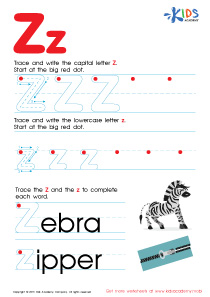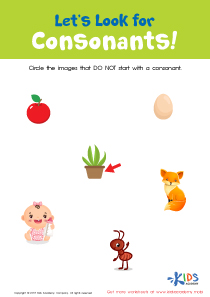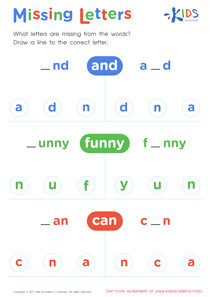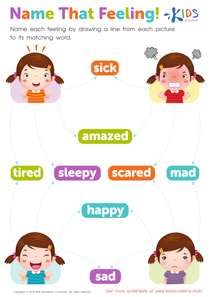Letter recognition Extra Challenge Alphabet Worksheets for Ages 5-9
8 filtered results
-
From - To
Enhance your child's letter recognition skills with our "Letter Recognition Extra Challenge Alphabet Worksheets" designed for ages 5-9. Each dynamic worksheet offers engaging activities that elevate alphabet learning through extra challenges. Perfect for advancing young learners, these exercises strengthen foundational skills in an enjoyable and interactive way. Pivot from simple recognition to expert mastery with puzzles, tracing, and identifying letters in various contexts. Our carefully curated worksheets are ideal for parents and teachers aiming to provide additional support and promote early literacy excellence. Discover the perfect blend of fun and learning, tailored specifically for your child's success.


Letter R Tracing Page


Letter X Tracing Page
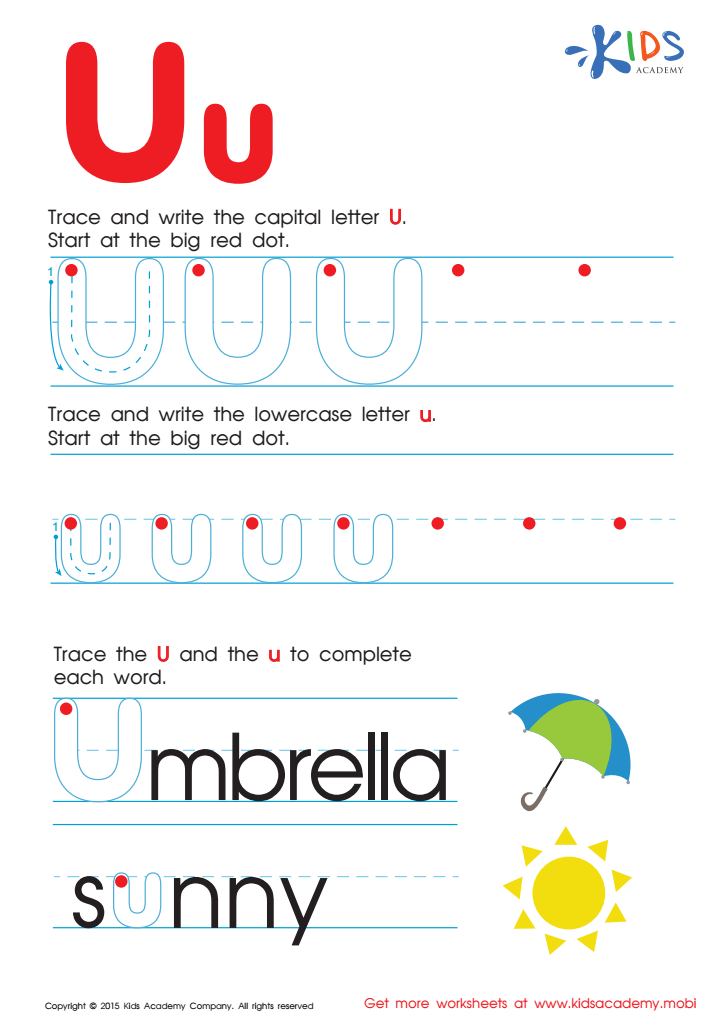

Letter U Tracing Page
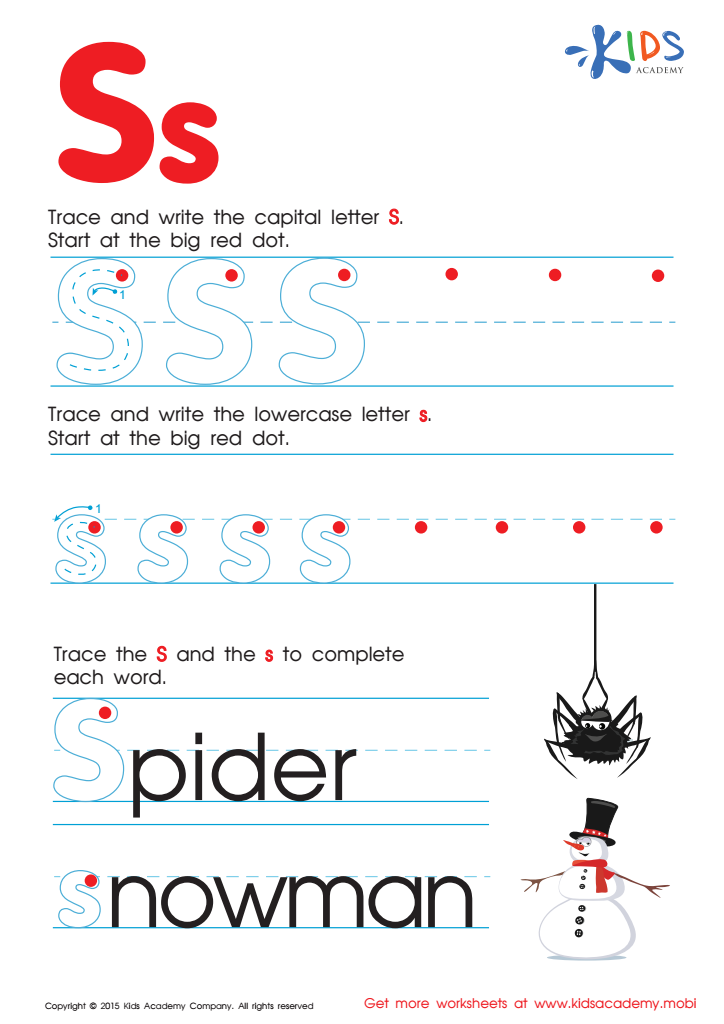

Letter S Tracing Page
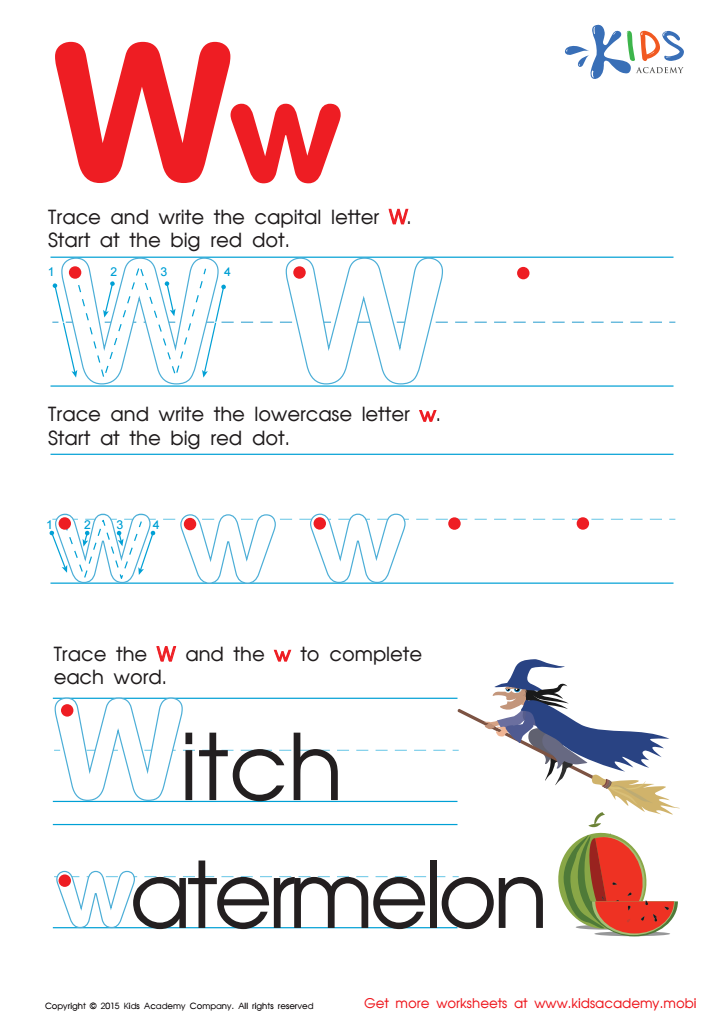

Letter W Tracing Page
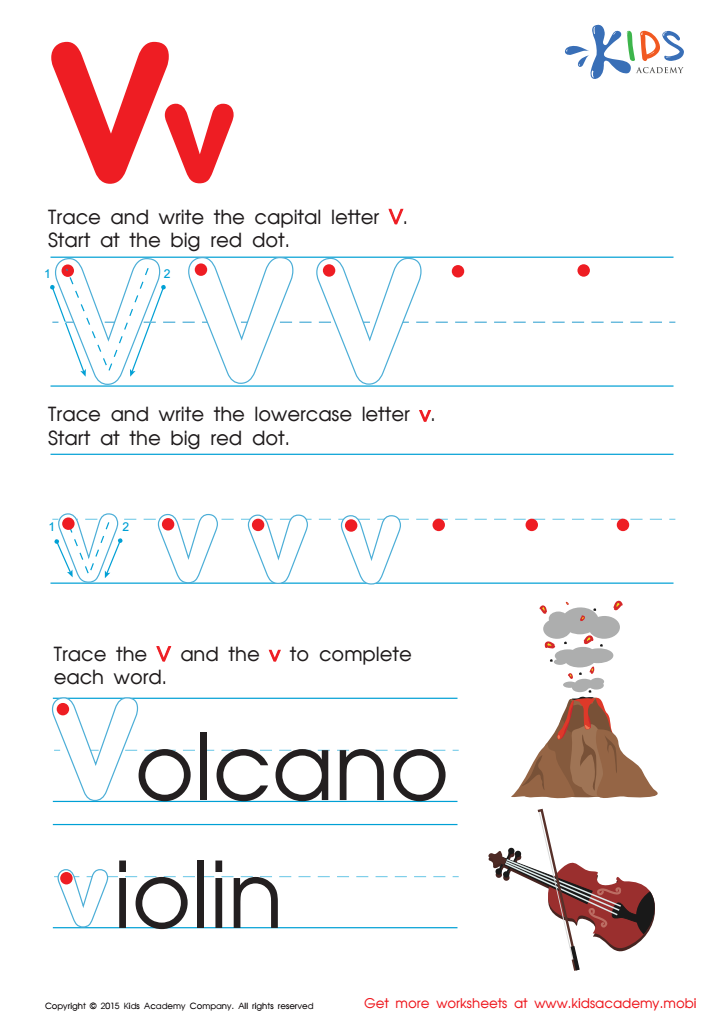

Letter V Tracing Page
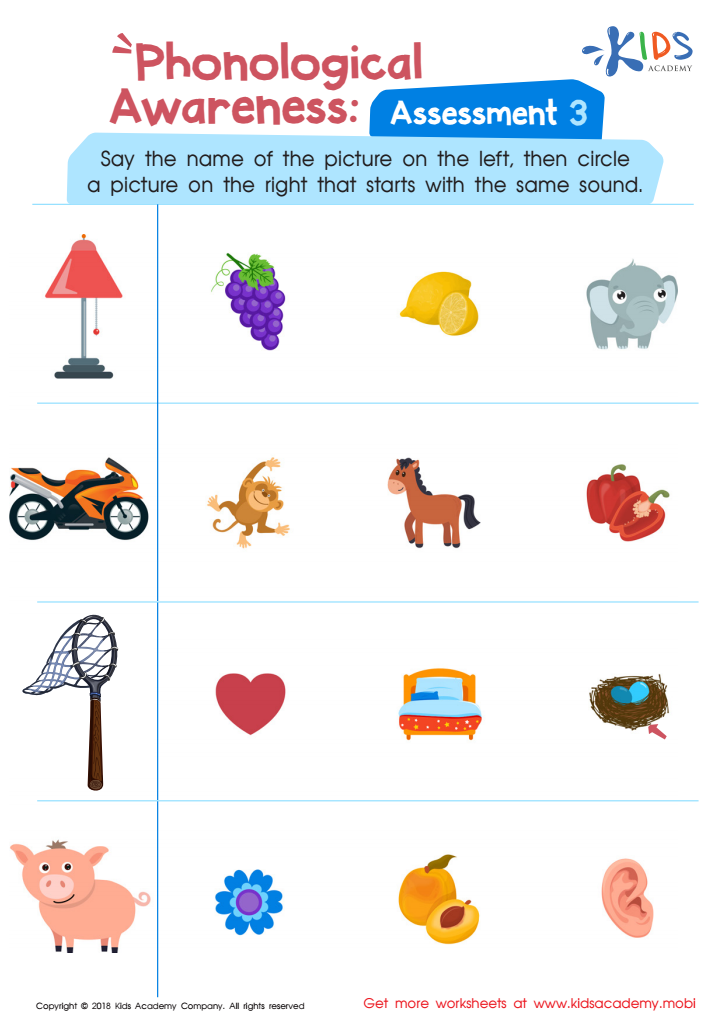

Phonological Awareness: Assessment 3 Worksheet
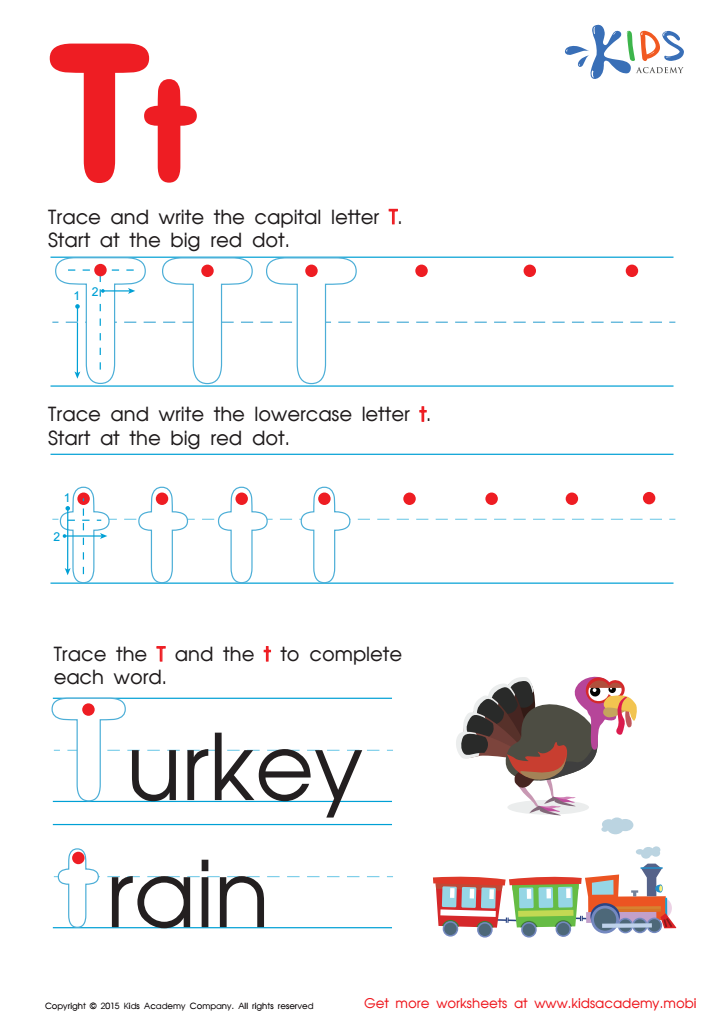

Letter T Tracing Page
Letter recognition is a foundational skill in a child's literacy development, and providing extra challenges related to the alphabet for ages 5-9 can have long-lasting benefits. During these formative years, children are not only learning to identify letters visually but are also beginning to understand their sounds and how they form words.
Offering extra challenges can enhance several critical skills. First, it substantially boosts cognitive development as children engage in problem-solving and critical thinking. Activities such as alphabet puzzles, matching games, and decoding tasks can be both entertaining and educational, fostering a love for learning. This early enthusiasm for letters and reading catalyzes lifelong literacy.
Moreover, children with strong letter recognition skills can transition more smoothly into reading and writing. They learn to decode words faster, which is crucial for reading fluency. This eases the frustration that can sometimes accompany reading and results in a more confident reader.
In addition, alphabet challenges tailored to this age group promote fine motor skills and hand-eye coordination as they often require physical interaction with letters. These activities also foster social skills and cooperative learning when done in group settings.
Parents and teachers thus play a crucial role in providing these extra alphabetic challenges, making literacy a fun and engaging journey. The cumulatively small amount of extra effort can open vast opportunities for academic success and a lifelong passion for learning.

 Assign to My Students
Assign to My Students








